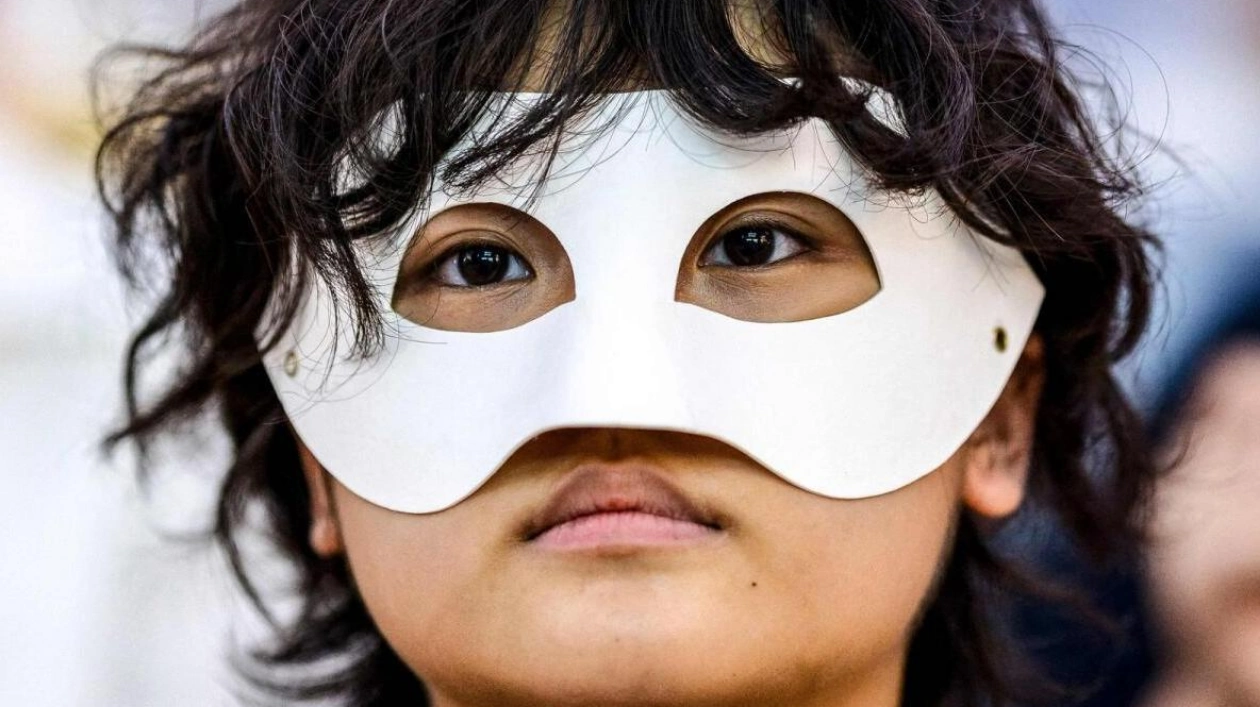Following the discovery by South Korean authorities of an extensive network of AI deepfake porn Telegram chatrooms targeting educational institutions, teenage activist Bang Seo-yoon initiated a campaign to gather testimonies from victims of abuse. A significant number of the cases she documented exhibited a consistent pattern: male students would pilfer innocuous selfies from private Instagram accounts, transform them into explicit images, and disseminate these in chatrooms designed to humiliate female classmates, and sometimes even teachers. South Korea, renowned for its ultrafast internet speeds, has long grappled with sexual cyber violence. However, experts contend that a pernicious blend of Telegram, AI technology, and lax legal frameworks has exacerbated the problem, which is now wreaking havoc across the nation's schools.
"The harm extends beyond the deepfake itself; the circulation of these videos among acquaintances inflicts even greater humiliation and pain," remarked Bang, 18. Since the initial discovery of such Telegram chatrooms in August, she has amassed thousands of reports from victims who have been profoundly affected. According to police, most of the perpetrators are teenagers. Globally, the prevalence of deepfakes is escalating rapidly, with a 500% year-on-year increase in 2023, as estimated by cybersecurity firm Security Hero. Women, particularly celebrities such as singers and actresses, constitute 99% of the victims. While celebrities often have powerful advocates to shield them—such as the K-pop agency that recently took legal action against deepfake porn—many ordinary victims struggle to obtain justice, according to activists.
The prosecution rates for such crimes are lamentably low: between 2021 and July of this year, 793 deepfake offenses were reported, yet only 16 individuals were arrested and prosecuted, according to police data accessed by a lawmaker. Following the public revelation of the chatrooms, the number of complaints surged, with 118 cases reported within just five days in late August, leading to the arrest of seven individuals during a police crackdown. However, six out of the seven alleged perpetrators were teenagers, complicating prosecutions as South Korean courts seldom issue arrest warrants for minors. The chatrooms, several of which AFP attempted to join before being removed by moderators, bear lewd names and mandate members to post photos of women they wish to see "punished." Victims often find themselves "sexually insulted and mocked by their classmates in online spaces," according to Kang Myeong-suk, the head of victim support at the Women's Human Rights Institute of Korea.
"Yet, the perpetrators frequently escape consequences," she noted, adding that victims now "live in constant fear of where their manipulated images might be distributed by those around them." Some online comments suggest that victims should "move on" since the deepfake images are not real. However, Kang emphasized, "Just because manipulated images aren't real doesn't mean the suffering of the victims is any less genuine." Although overall crime rates in South Korea are relatively low, the country has long endured an epidemic of spy-cam crimes, which sparked major protests in 2018 inspired by the global #MeToo movement, ultimately compelling lawmakers to strengthen legal protections. Nevertheless, "the penalties imposed are often trivial, such as fines or probation, which are disproportionate to the severity of the offenses," stated Professor Yoon Kim Ji-young.
There have been previous Telegram porn scandals, most notably in 2020 when a group blackmailing women and girls to produce sexual content for paid chatrooms was exposed. The ringleader was subsequently imprisoned. However, the situation has not improved. President Yoon Suk Yeol's dismissive stance on feminism—which he has attributed to the country's low birthrate—has signaled to men that it is "acceptable to be hostile or discriminatory towards women," according to Yoon Kim. South Korean police attribute the low prosecution rates to Telegram's notorious reluctance to cooperate with authorities. The app's founder was recently arrested in France for failing to curb illegal content. However, one victim of a 2021 deepfake porn incident argued that this is no excuse—many victims manage to identify their attackers through determined investigation.
The victim, who requested anonymity, described the ordeal as a "huge trauma" after being bombarded with Telegram messages containing deepfake images depicting her in sexually assaultive scenarios. Her attacker was a fellow student at Seoul National University, someone she had rarely interacted with but always perceived as "gentle." "It was difficult to accept," she said, noting that the police required her to gather all the evidence herself. She then had to vigorously advocate for a trial, which is currently ongoing. "The world I thought I knew completely collapsed," she wrote in a letter she plans to submit to the court on September 26. "No one should be treated as an object or used as a means to compensate for the inferiority complexes of individuals like the defendant, simply because they are women."






